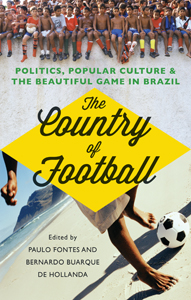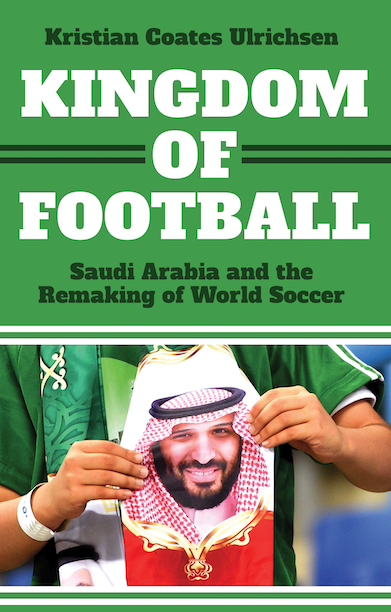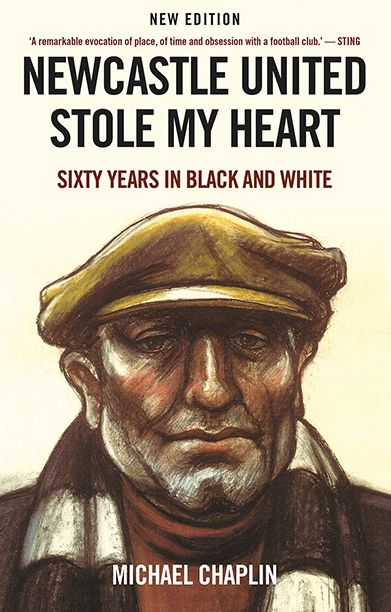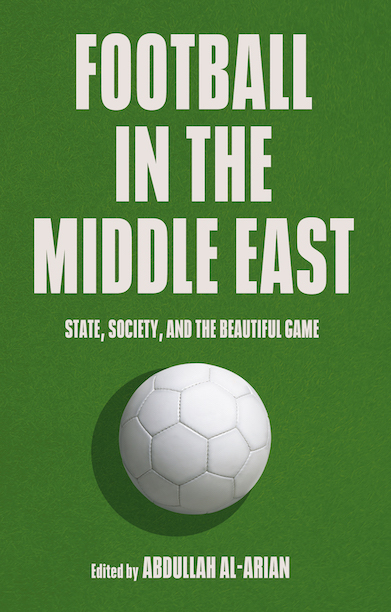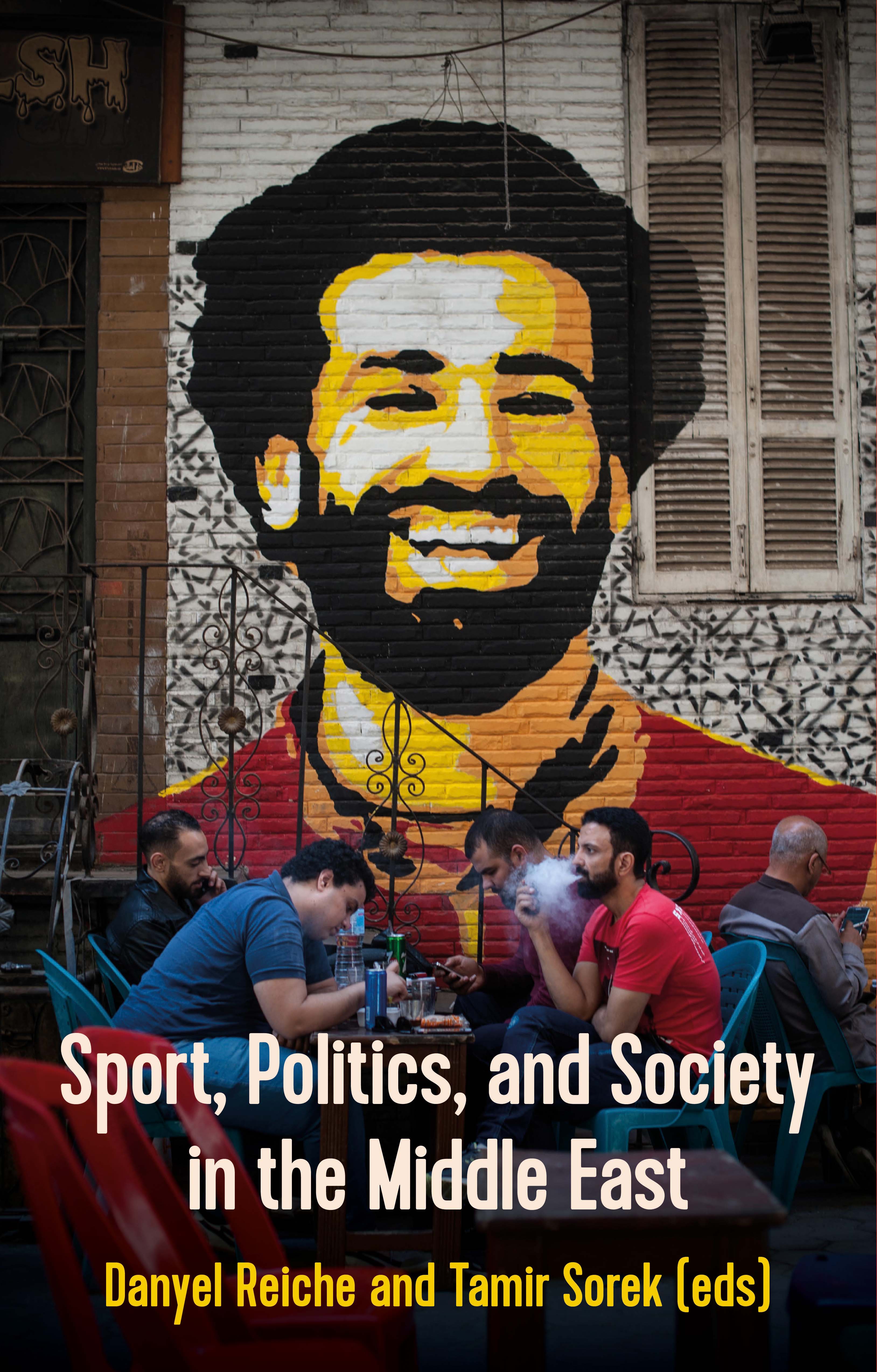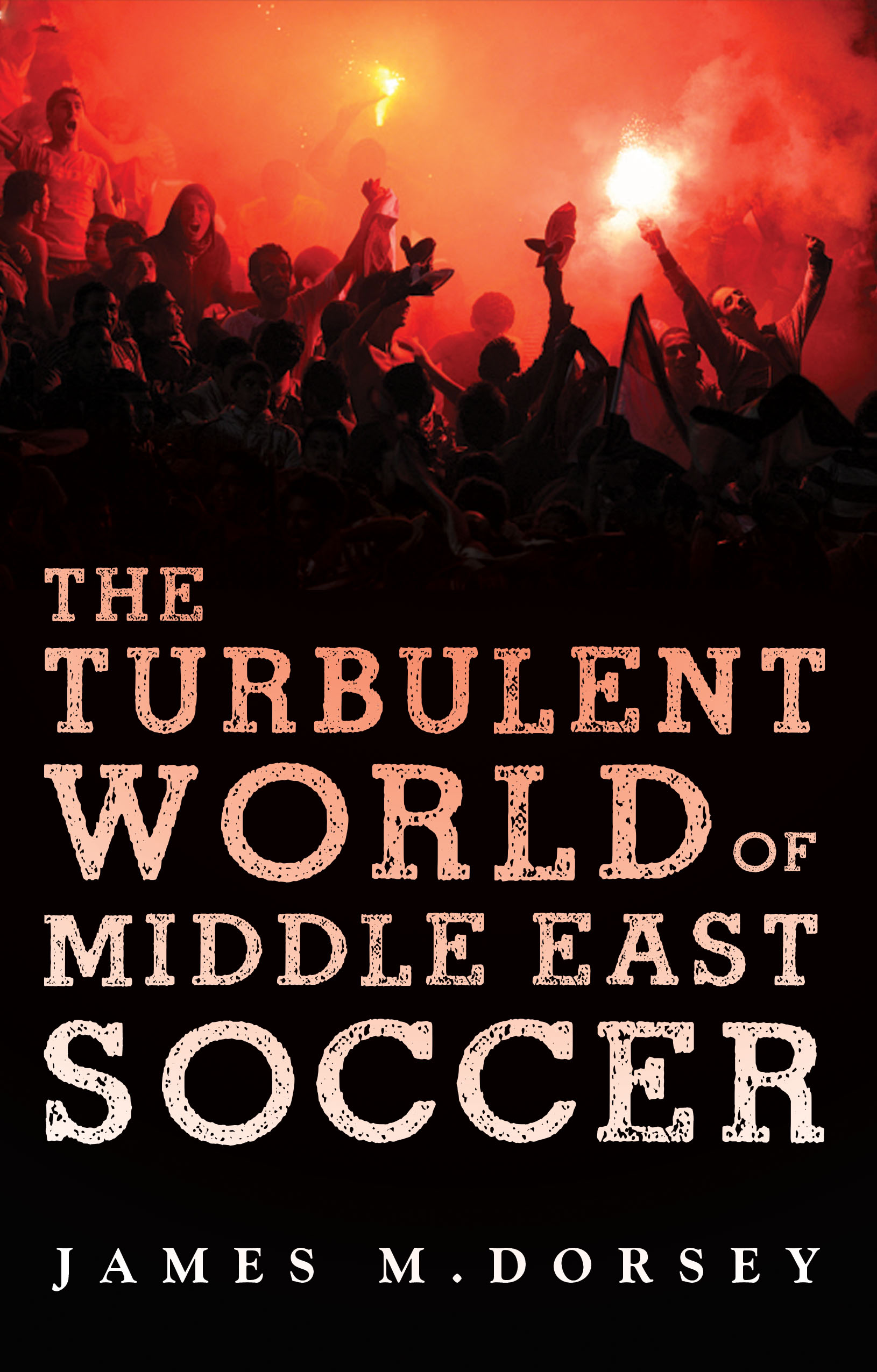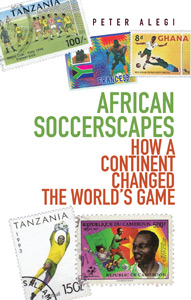The Country of Football
Politics, Popular Culture, and the Beautiful Game in Brazil
Part of the The New Brazil seriesHow football shapes Brazil and how Brazilians have changed global football are the twin themes in this vividly written history.
Description
Brazil has done much to shape football, but how has football shaped Brazil? Despite the political and social importance of the beautiful game to the country, the subject has hitherto received little attention. This book presents groundbreaking work by historians and researchers from Brazil, the United States, Britain and France, who examine the political significance, in the broadest sense, of the sport in which Brazil has long been a world leader. The authors consider questions such as the relationship between football, the workplace and working class culture; the formation of Brazilian national identity; race relations; political and social movements; and the impact of the sport on social mobility. Contributions to the book range in time from the late nineteenth century, when the British first introduced the sport to Brazil, to the present day, as the ‘country of football’ prepares itself to host the 2014 World Cup, painting a vivid picture of the many ways in which football exists and functions in Brazil, both on and off the pitch.
Table of contents
Acknowledgements
List of Images
Preface — Richard Giulianotti
The Beautiful Game in the ‘Country of Football’: An Introduction — Paulo Fontes and Bernardo Buarque de Hollanda
1. The Early Days of Football in Brazil: British Influence and Factory Clubs in São Paulo — Fatima Martin Rodrigues Ferreira Antunes
2. Malandros, ‘Honourable Workers’ and the Professionalisation of Brazilian Football, 1930–1950 — Gregory E. Jackson
3. Football in the Rio Grande Do Sul Coal Mines — Marta Cioccari
4. Futebol De Várzea and the Working Class: Amateur Football Clubs in São Paulo, 1940s–1960s — Paulo Fontes
5. The ‘People’s Joy’ Vanishes: Considerations on the Death of Garrincha — José Sergio Leite Lopes
6. Football as a Profession: Origins, Social Ascension and the World of Work of Brazilian Footballers (1950s–1980s) — Clément Astruc
7. Dictatorship, Re-Democratisation and Brazilian Football in the 1970s and 1980s — José Paulo Florenzano
8. Public Power, the Nation and Stadium Policy in Brazil: Construction and Reconstruction of the Maracanã Stadium for the World Cups of 1950 and 2014 — Bernardo Buarque de Hollanda
9. A World Cup for Whom? The Impact of the 2014 World Cup on Brazilian Football Stadiums and Cultures — Christopher Gaffney
Notes Bibliography Index
Reviews
‘Brazil is a far more complex country than the one in the popular imagination, and the same can be said for the role of soccer there. In The Country of Football, editors Fontes and Buarque de Hollanda bring together a collection of fantastic researchers and writers who examine the ways in which “futebol” has intertwined with nearly every aspect of daily life in Brazil over the decades. These papers are well-written, too, and deserve being read by a mass audience.’ — Grant Wahl, Sports Illustrated senior writer and author of The Beckham Experiment: How the World’s Most Famous Athlete Tried to Conquer America
‘What makes The Country of Football different is the variety of voices and academic backgrounds that compliment each other… The joy of this book… detailing the world of Brazilian life through the lens of football… is the variety of topics and ideas that are explored… the importance of the working class, the state of politics and the economy, structural implications of changing stadiums and the combined effects of all this on the voice of fans… the chapters tie in with one another through themes of class, race, inequality and politics.’ — Brasiliana, Journal for Brazilian Studies.
Editor(s)
Paulo Fontes is an associate professor at the Fundação Getulio Vargas (CPDOC/FGV) in Rio de Janeiro. He was a visiting professor at Duke (2004) and Princeton (2006/7) universities. His book on immigrant workers in São Paolo won the first Thomas E. Skidmore Prize.
Bernardo Buarque de Hollanda holds a PhD in the Social History of Culture from the Pontifical Catholic University of Rio de Janeiro (PUC-Rio). He is currently assistant reader at the School of Social Sciences and researcher at Center for Research and Documentation on Brazilian Contemporary History at FGV Foundation (CPDOC/FGV).
